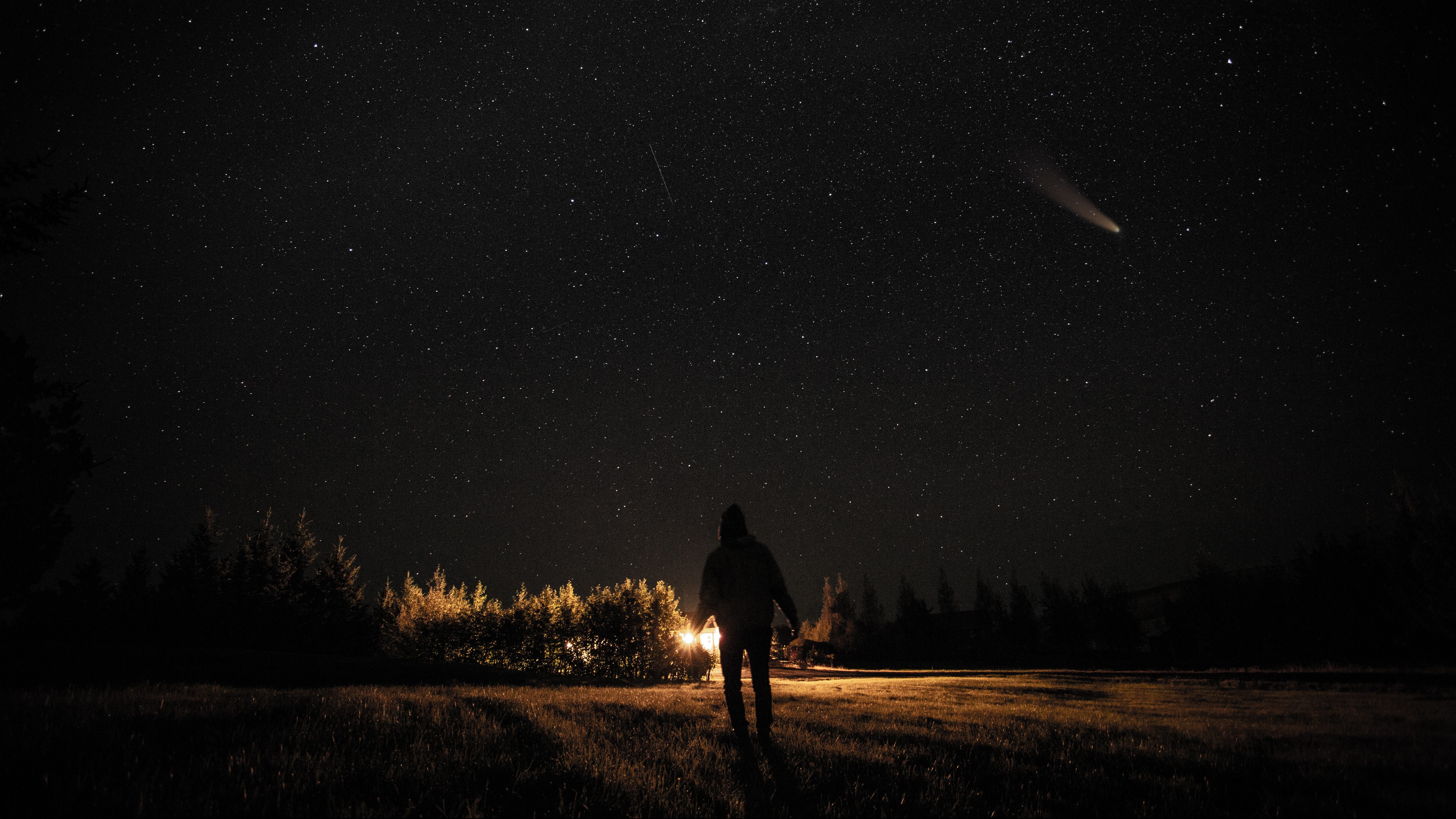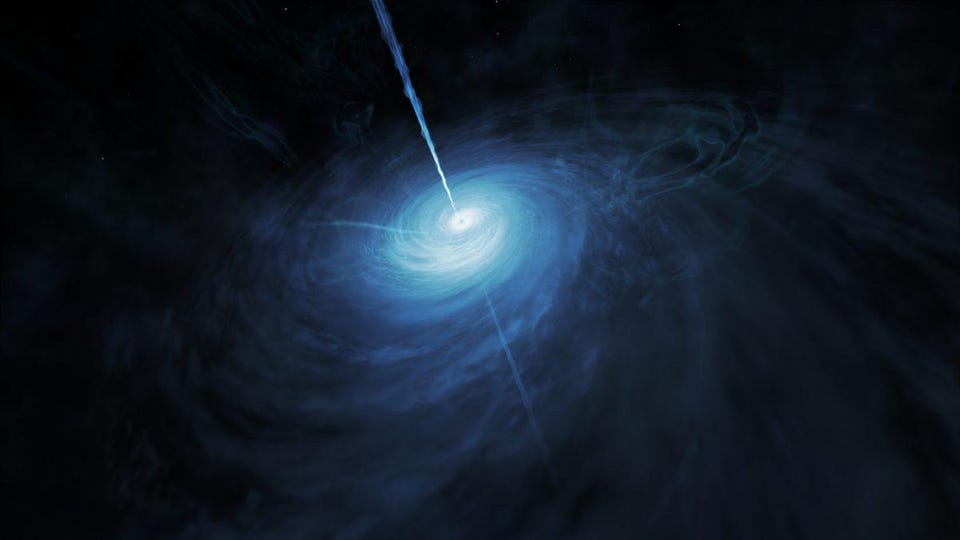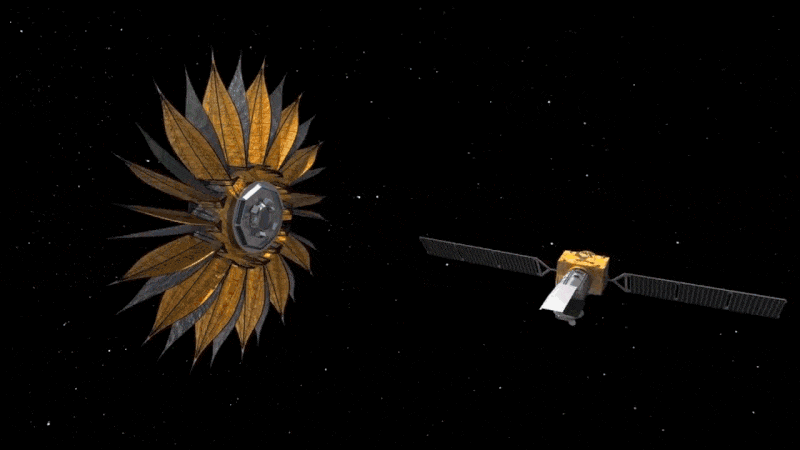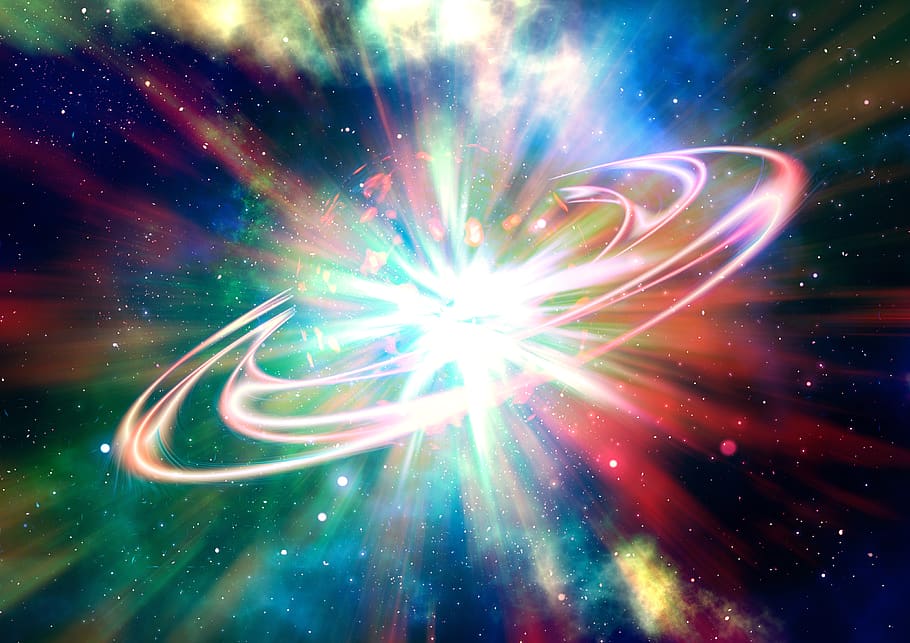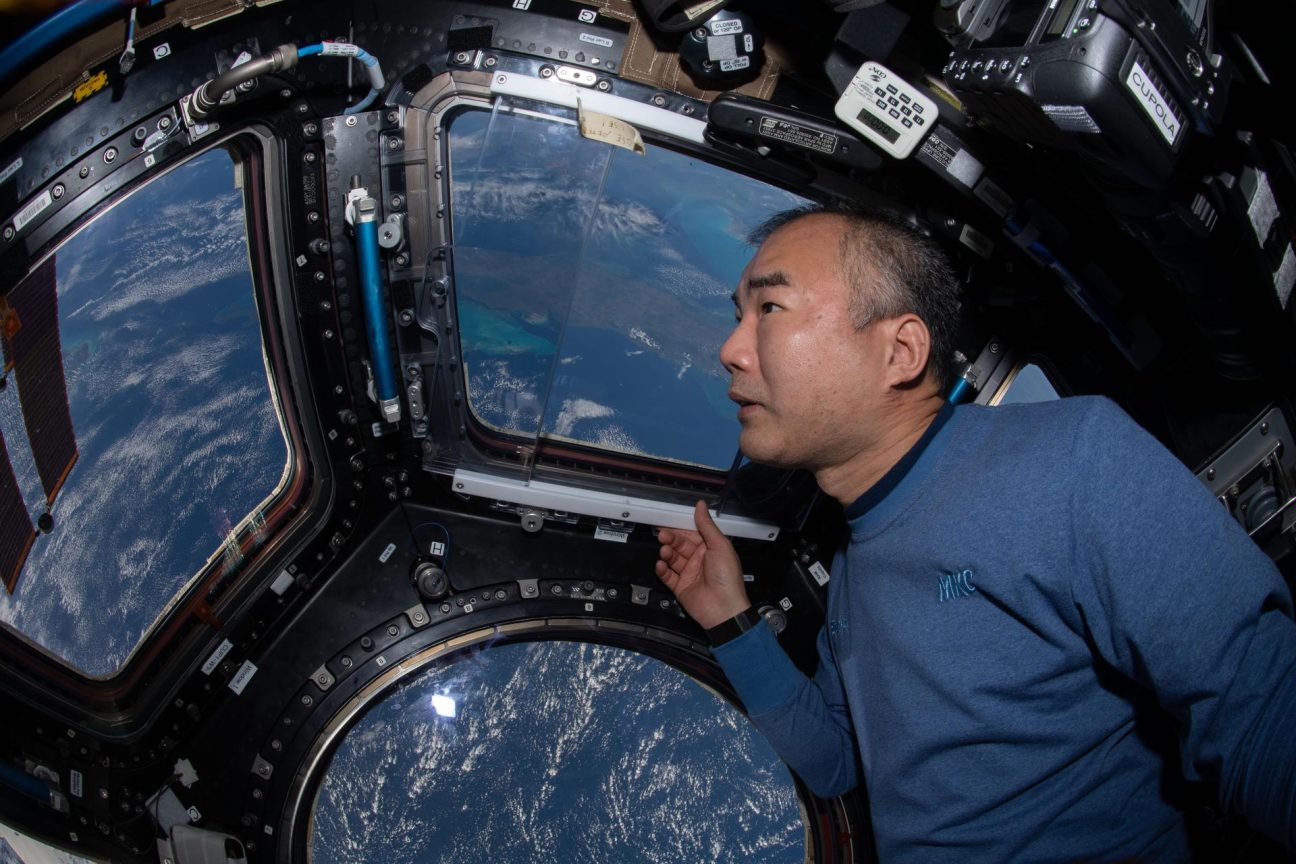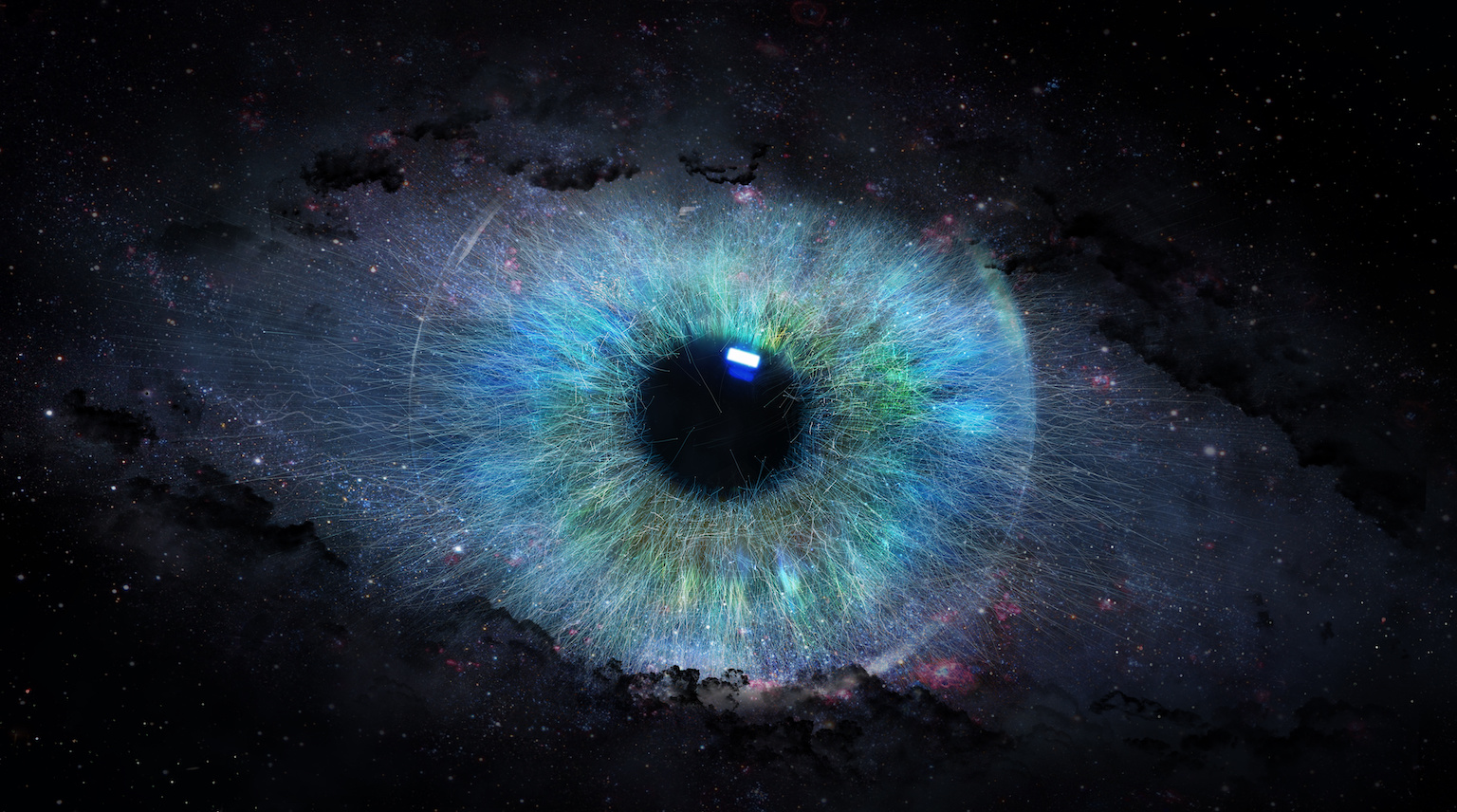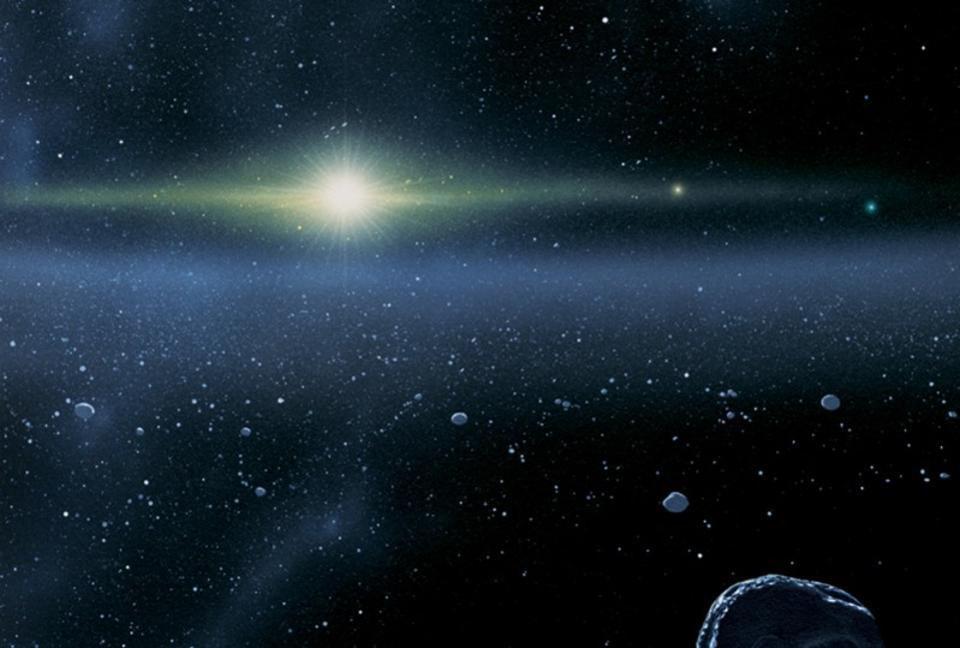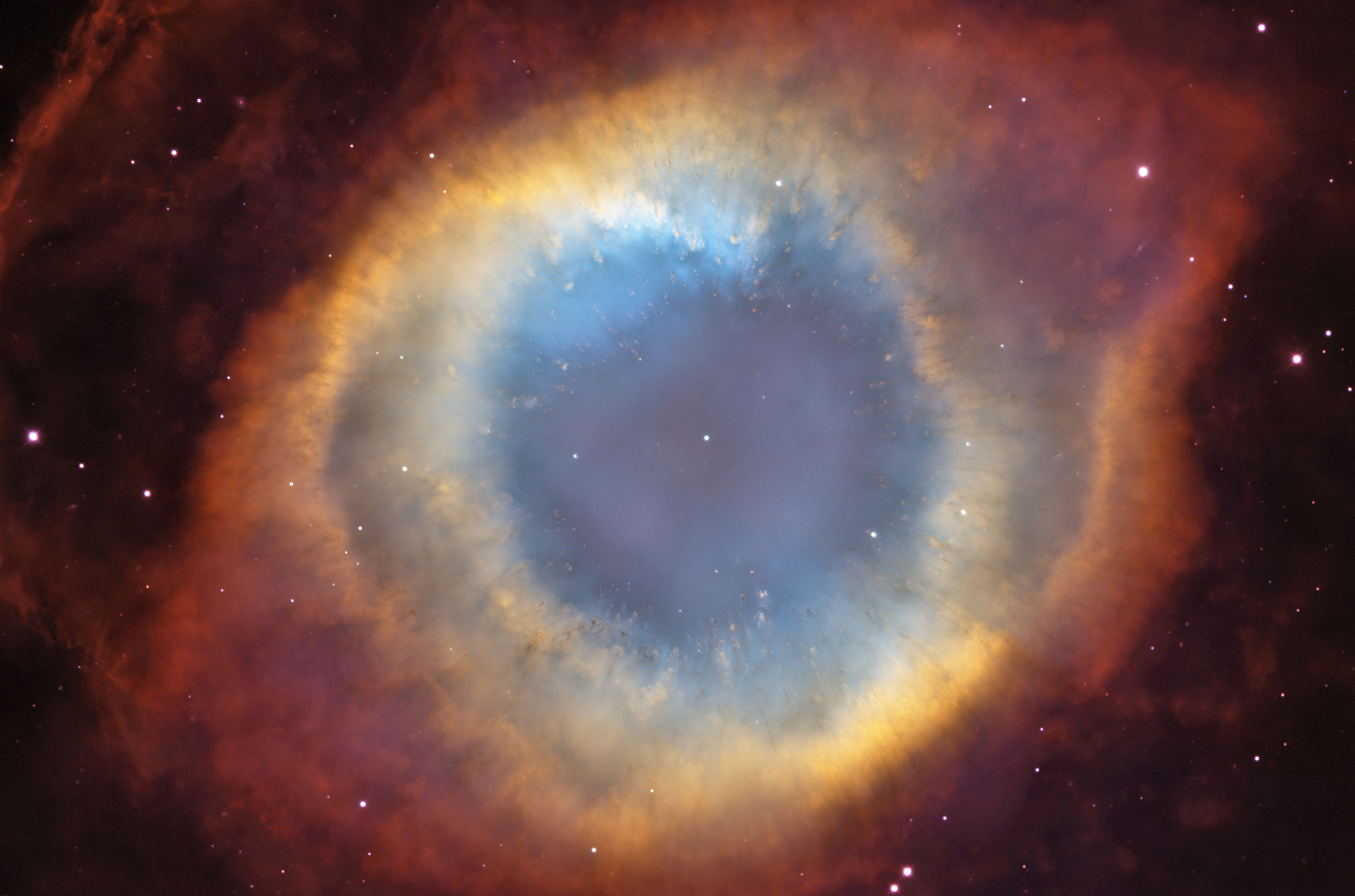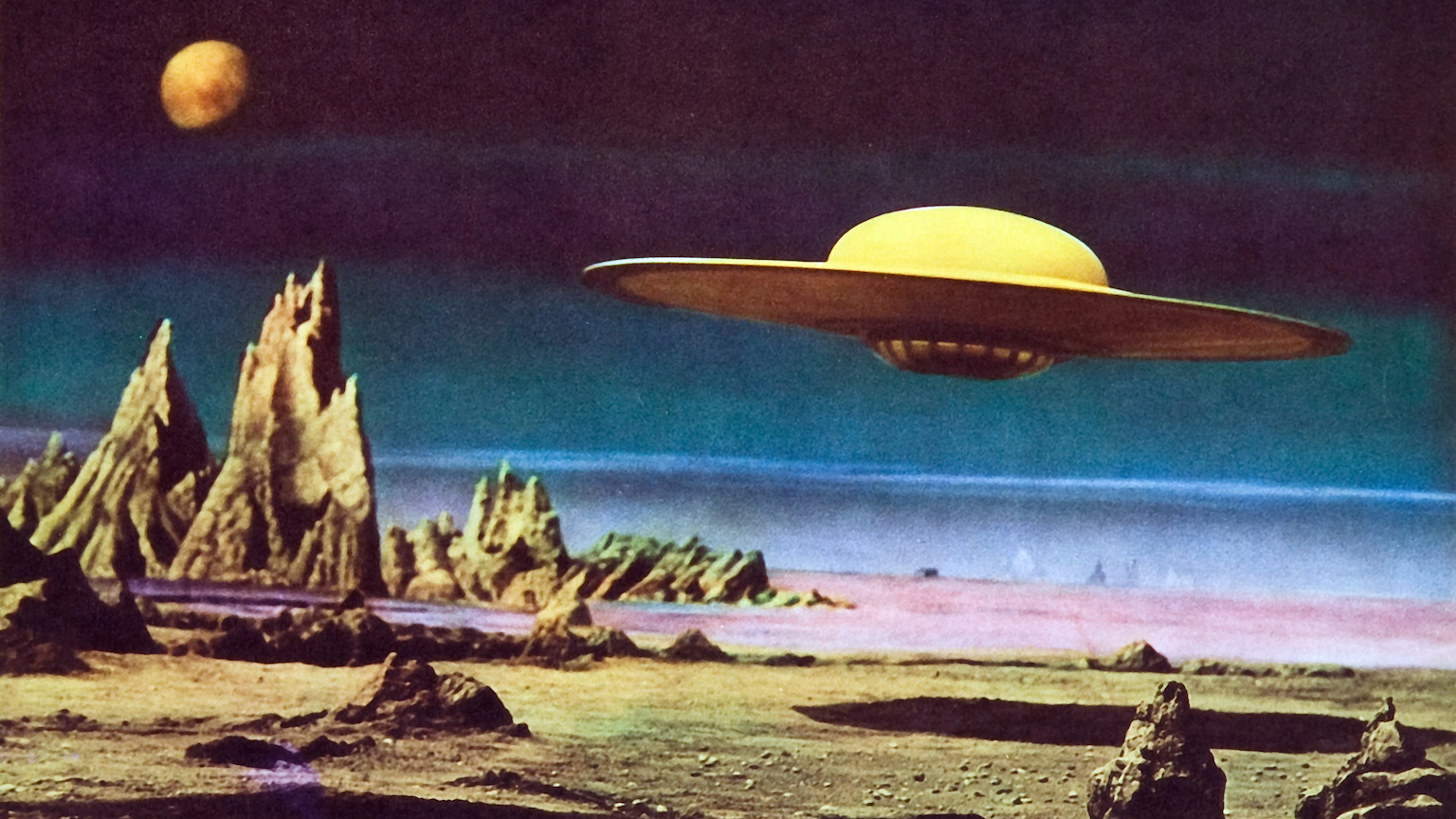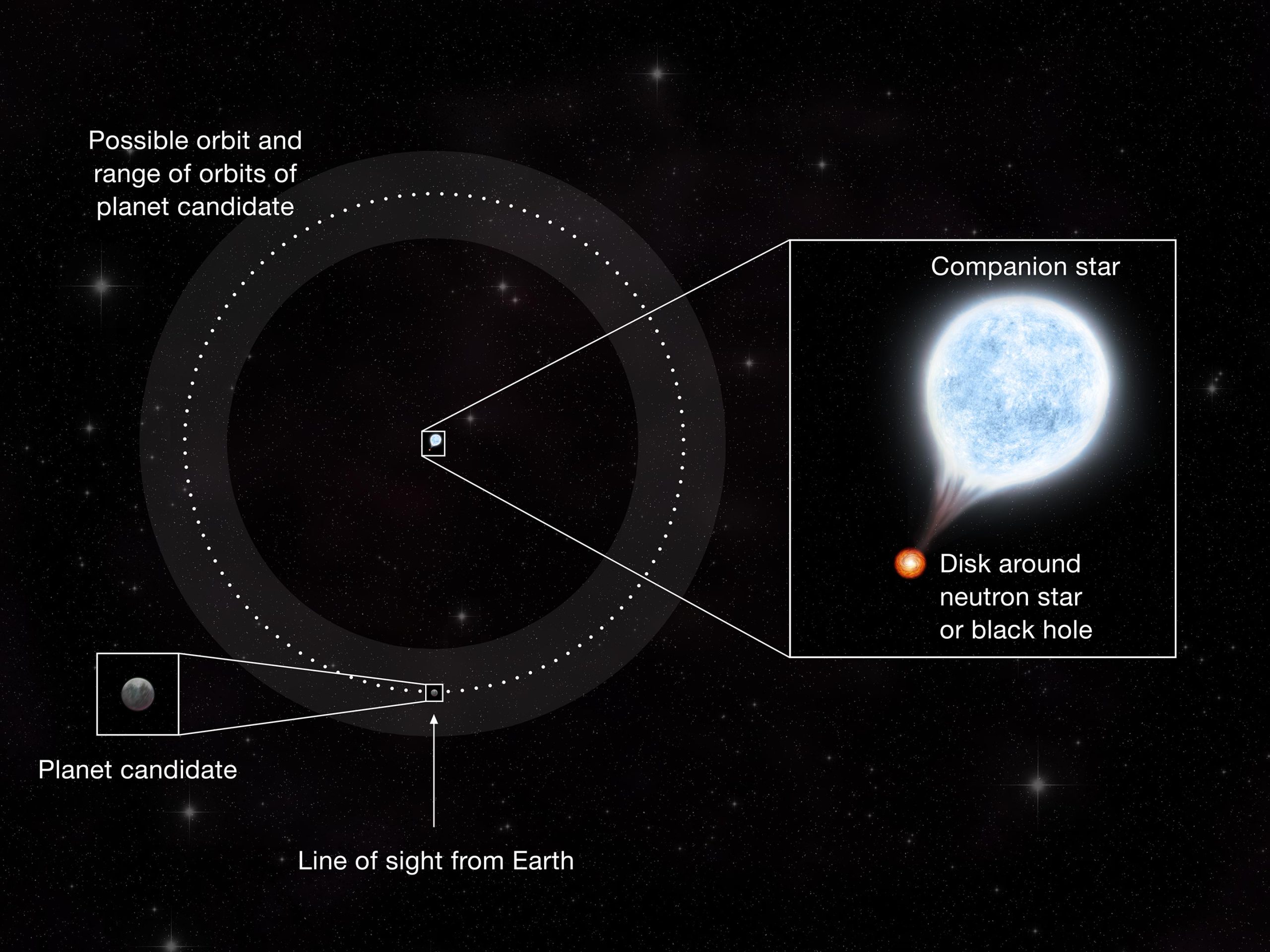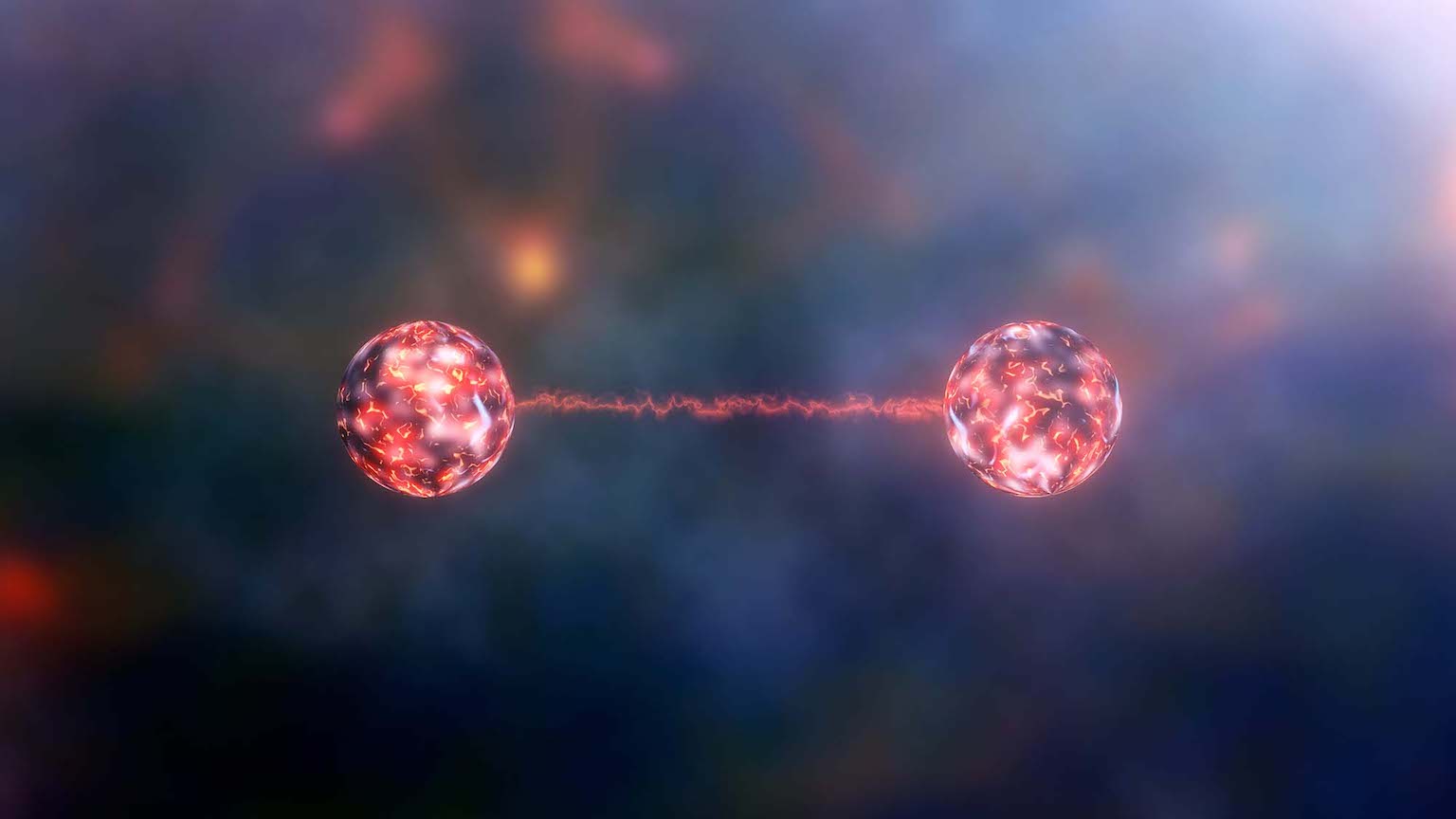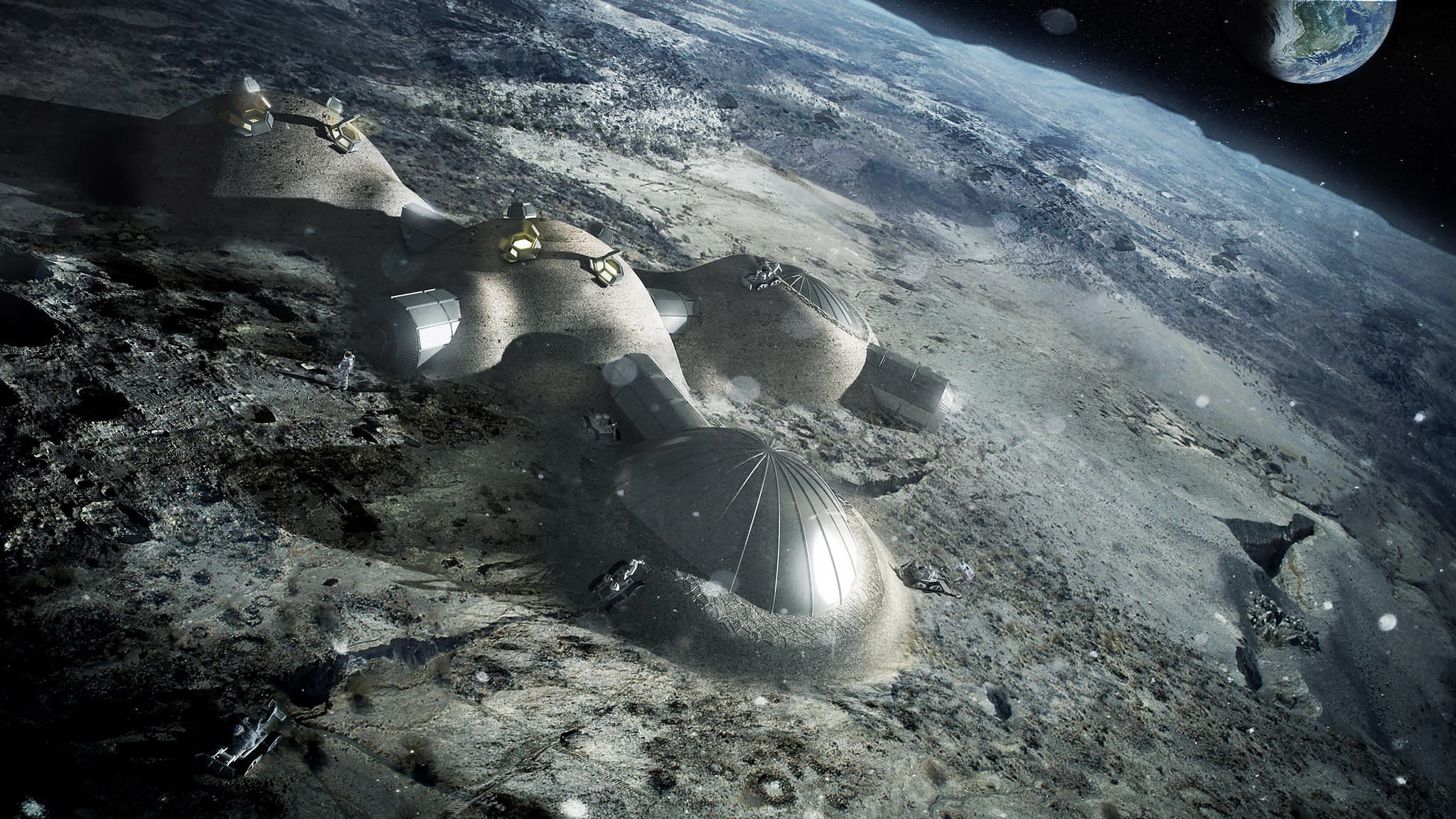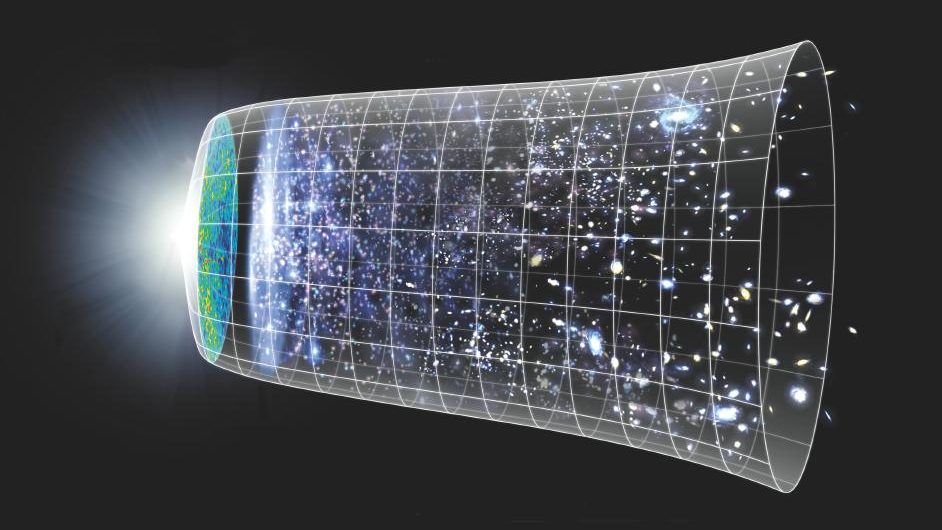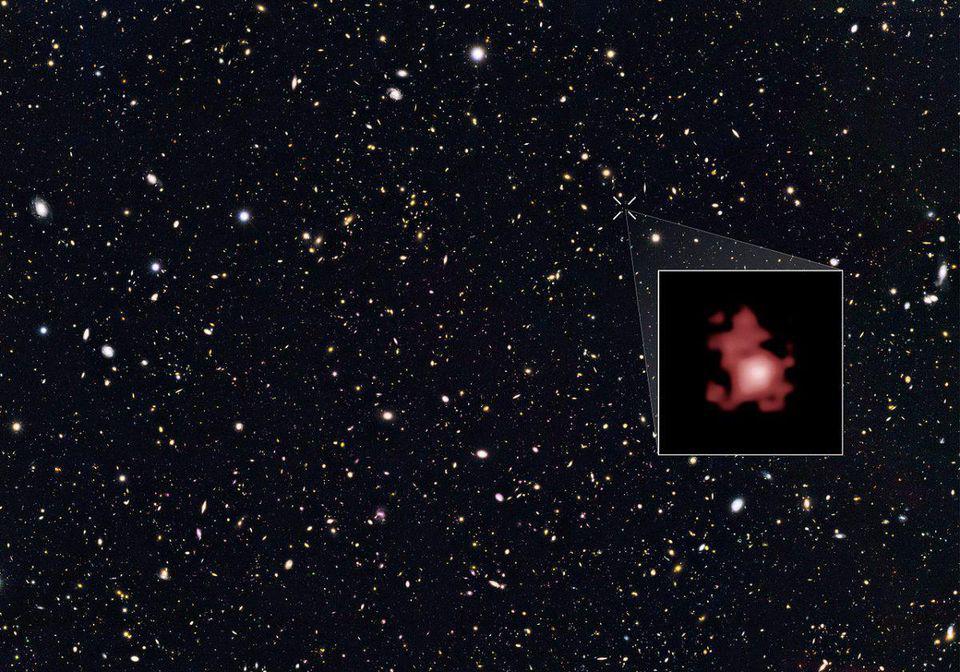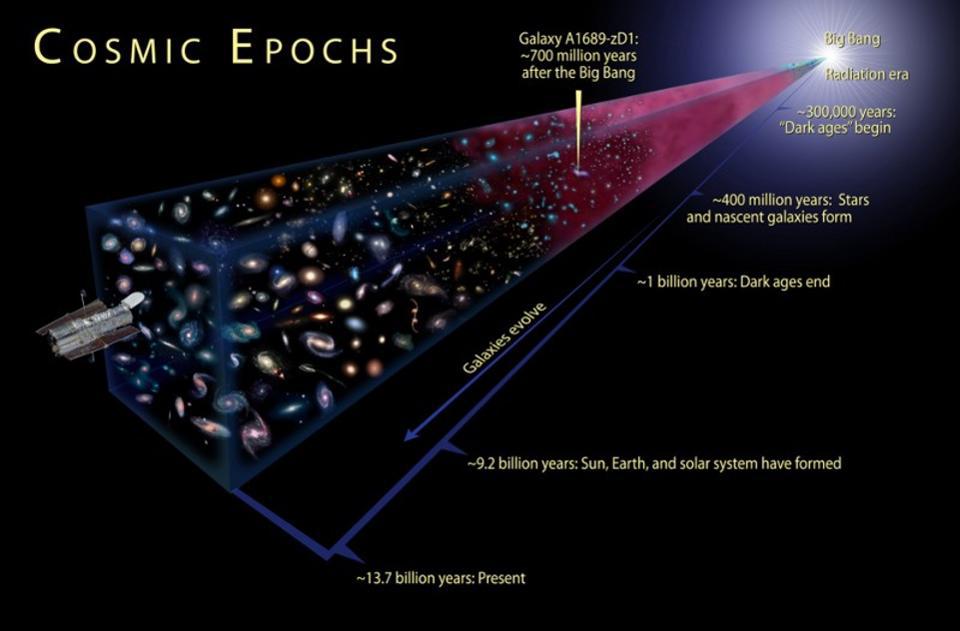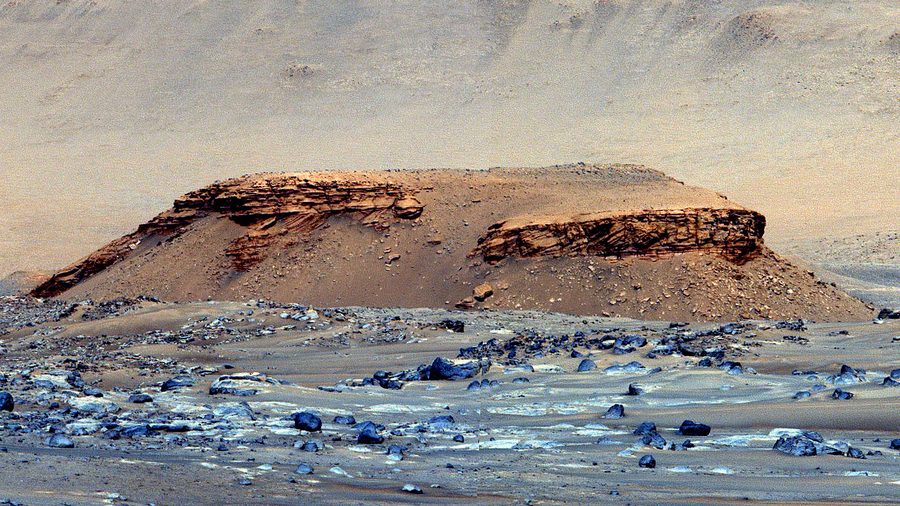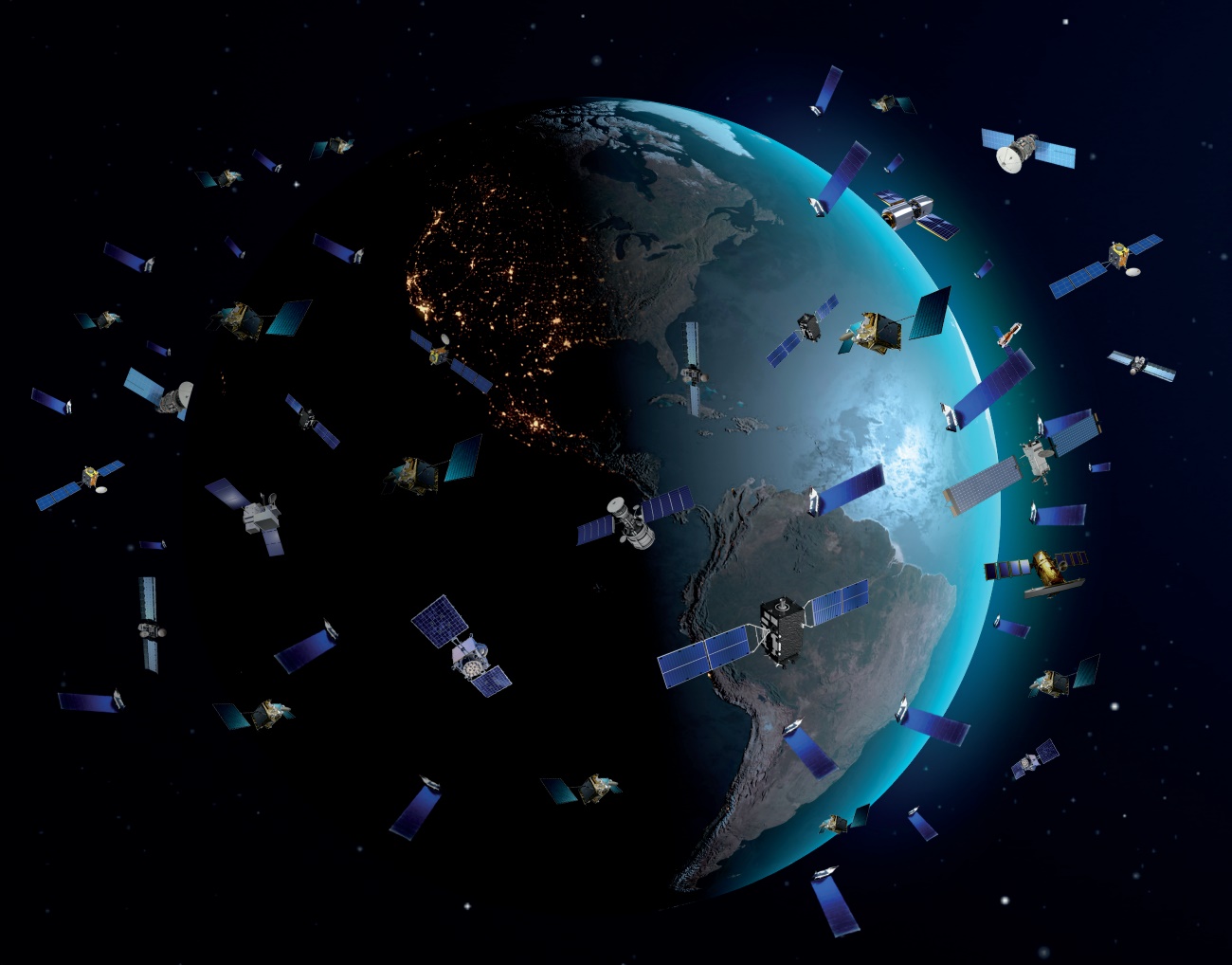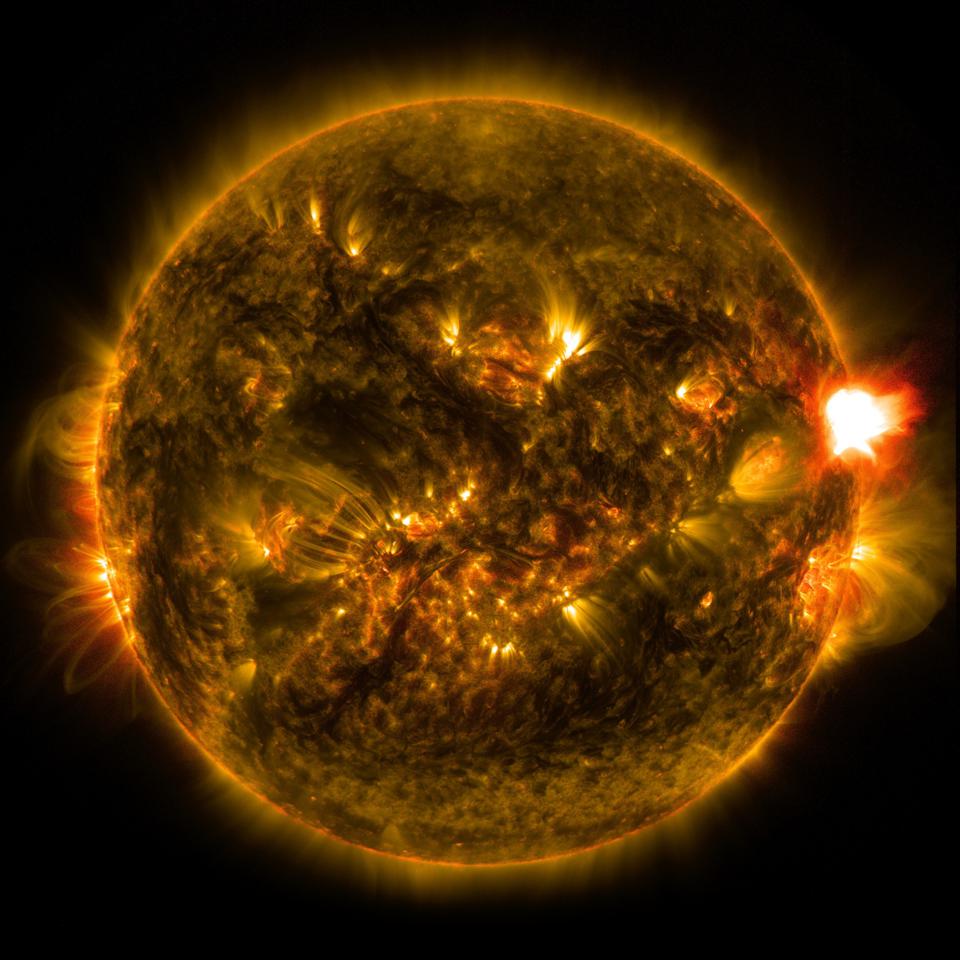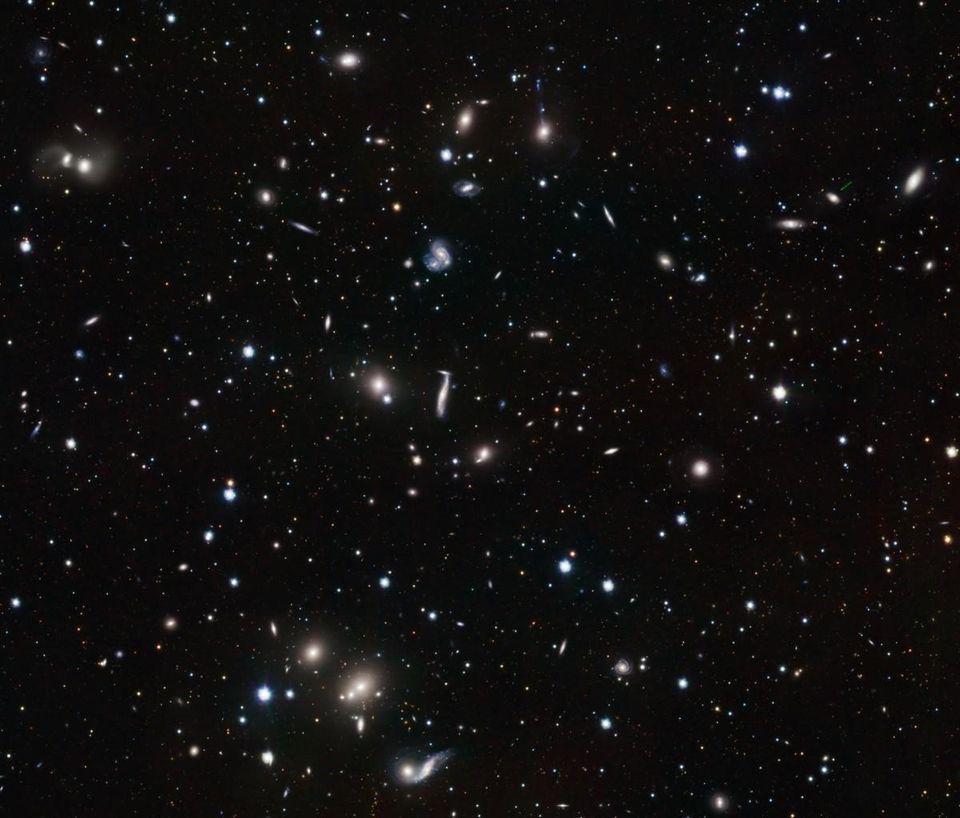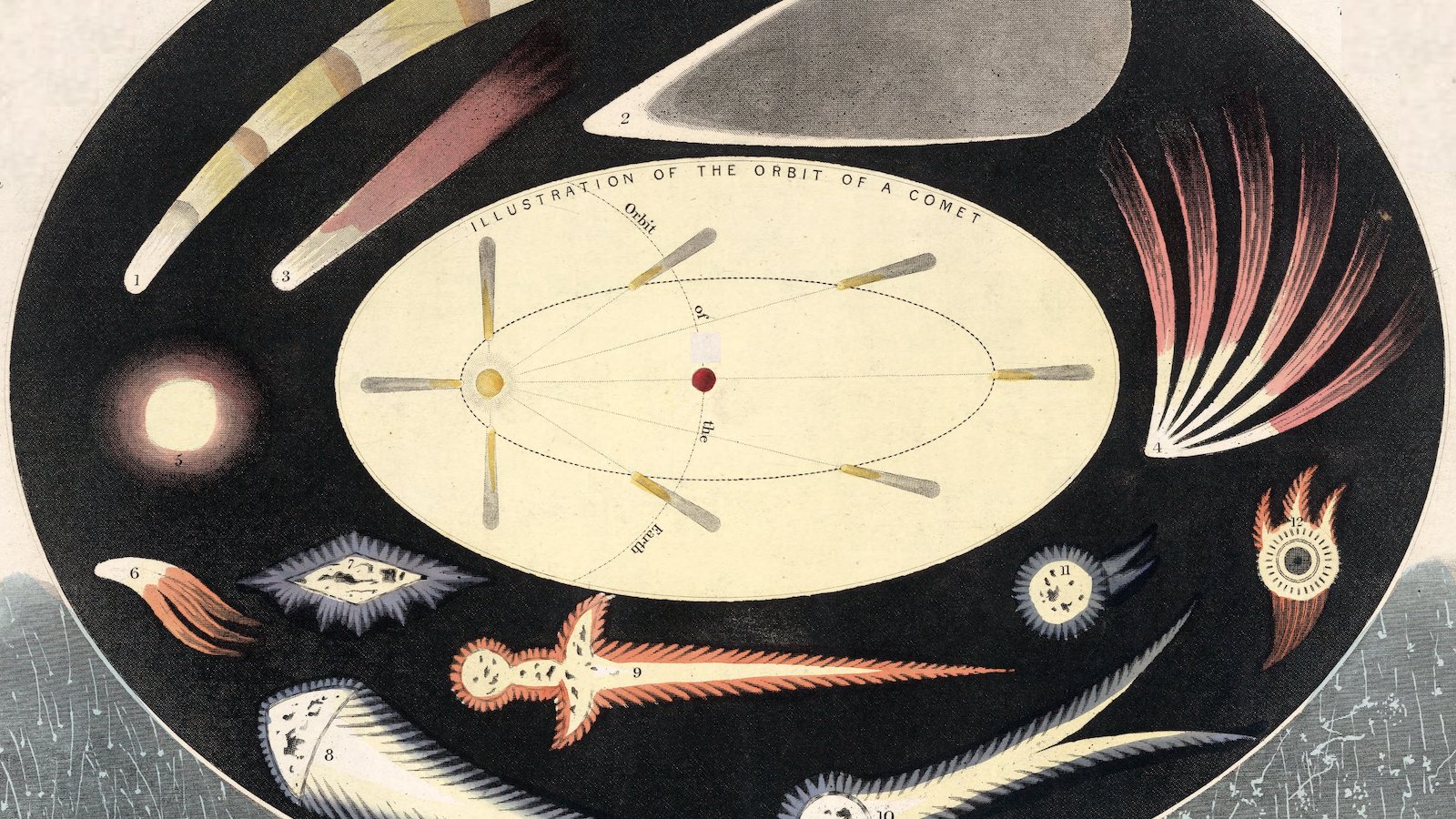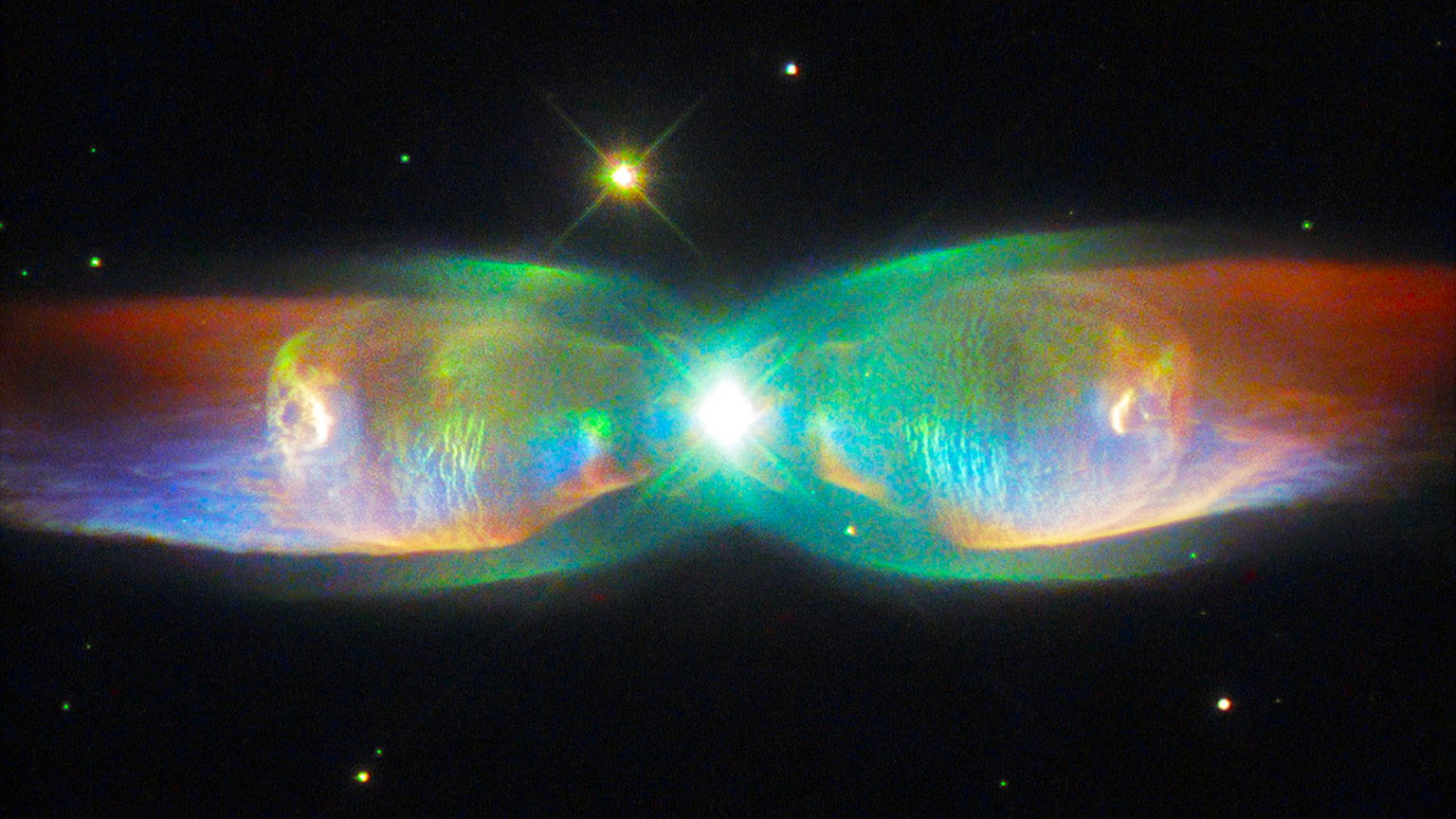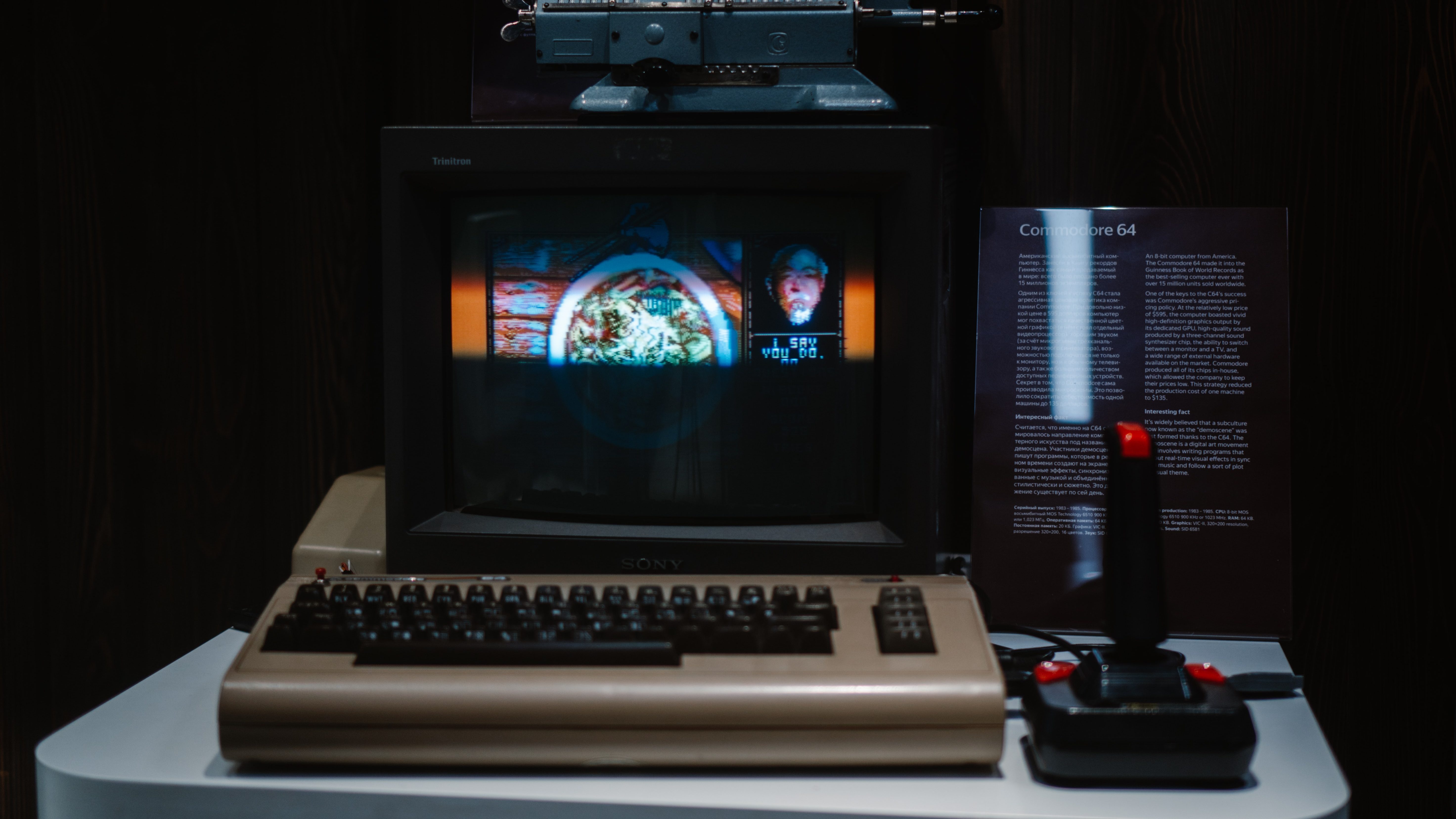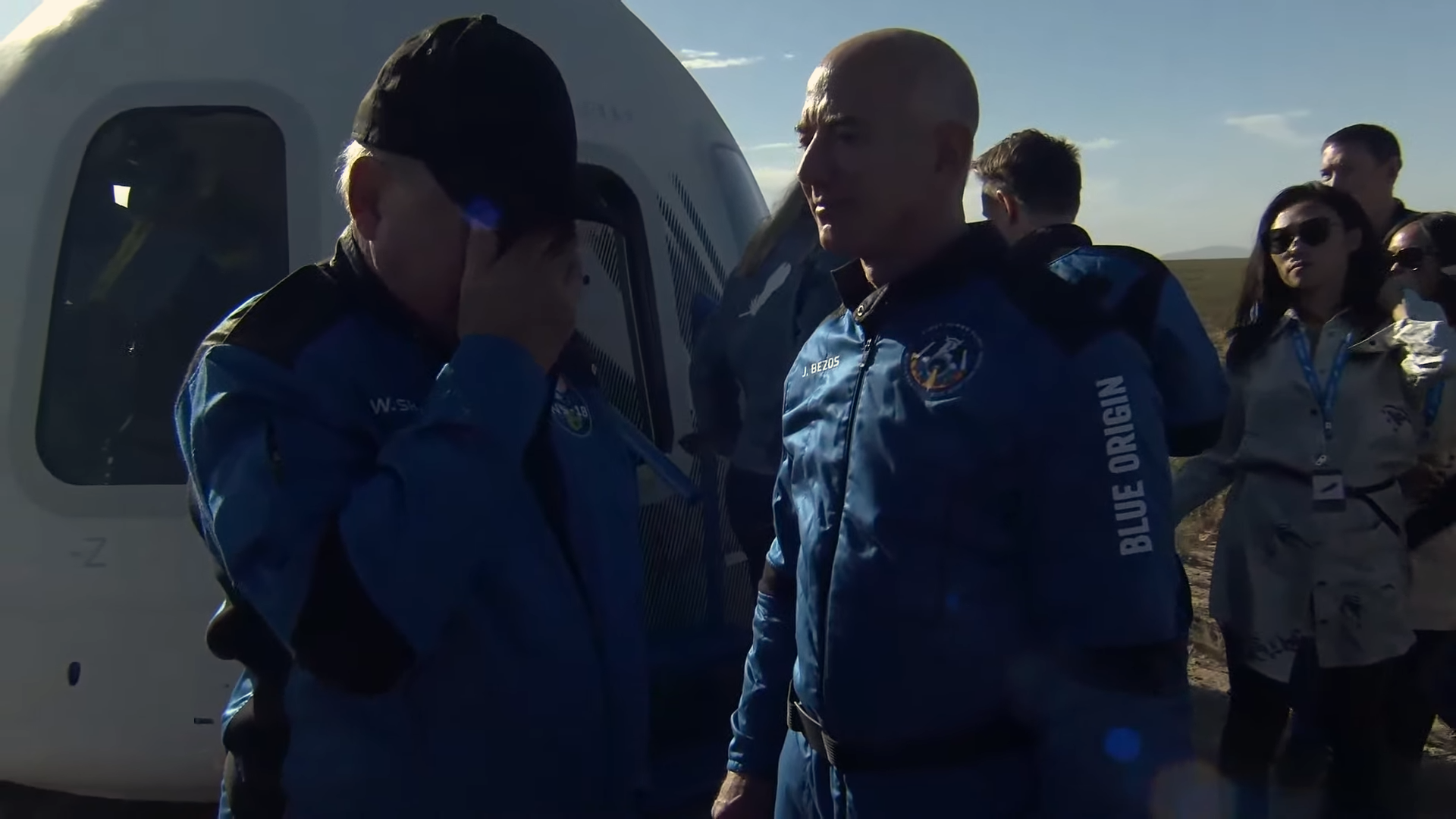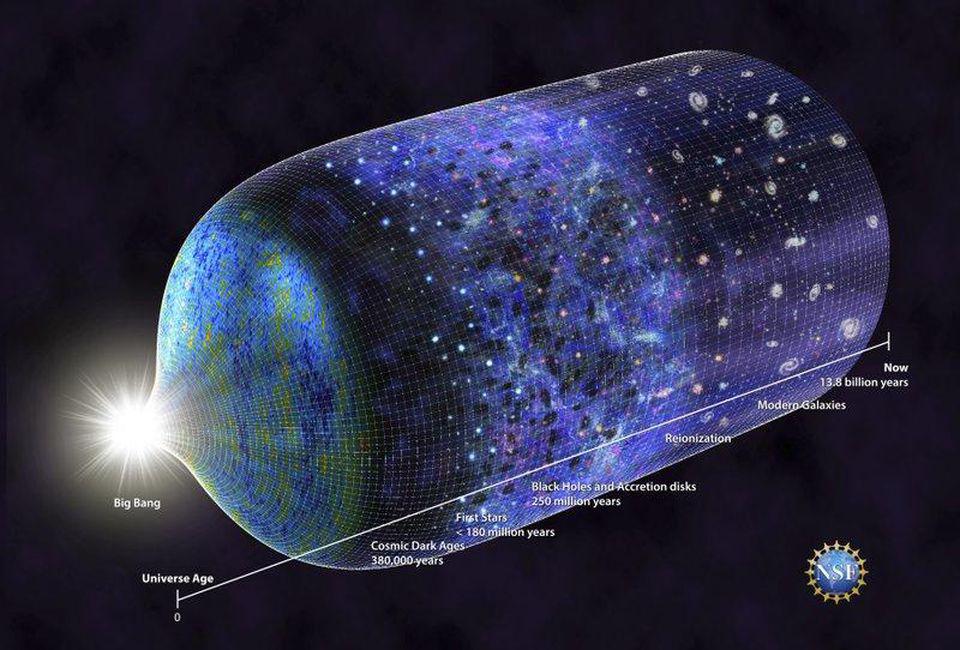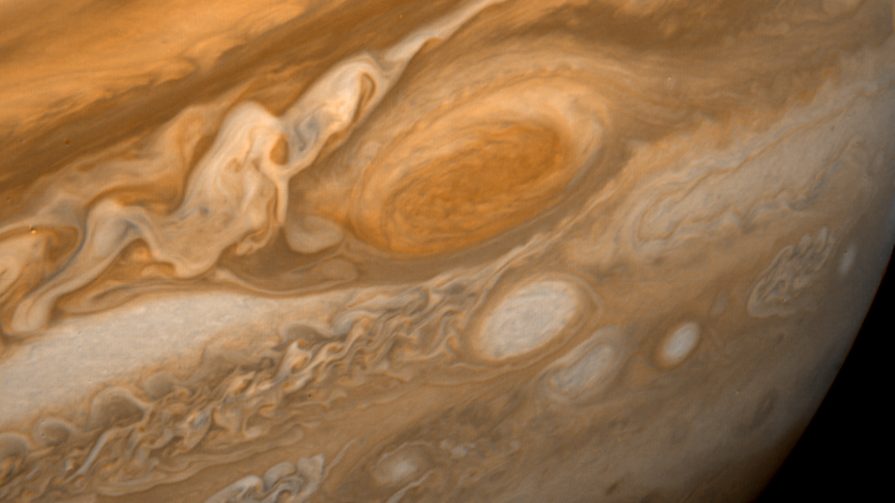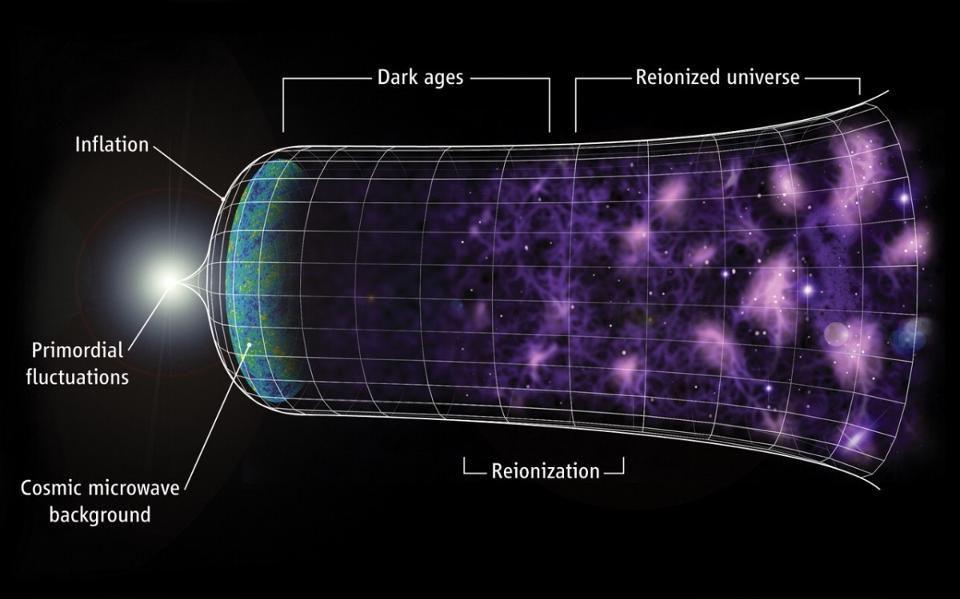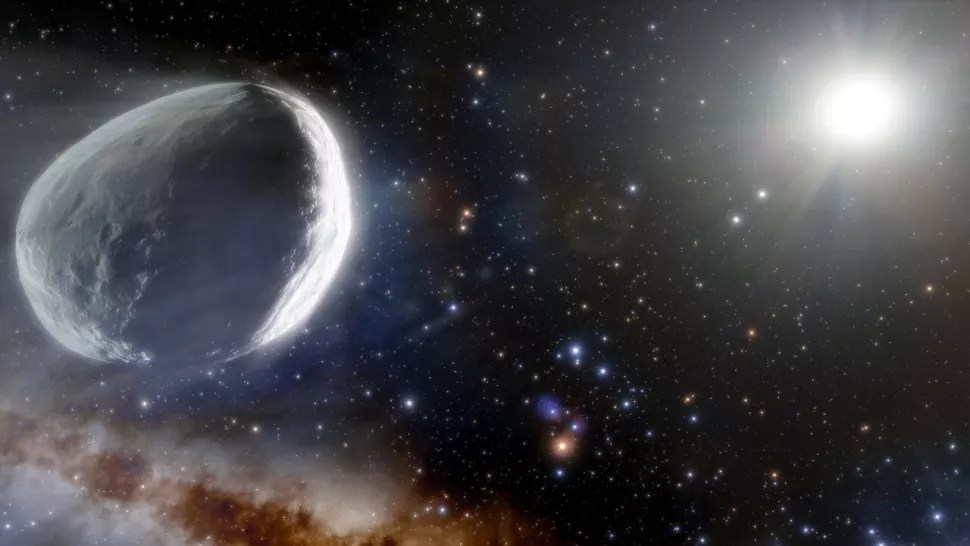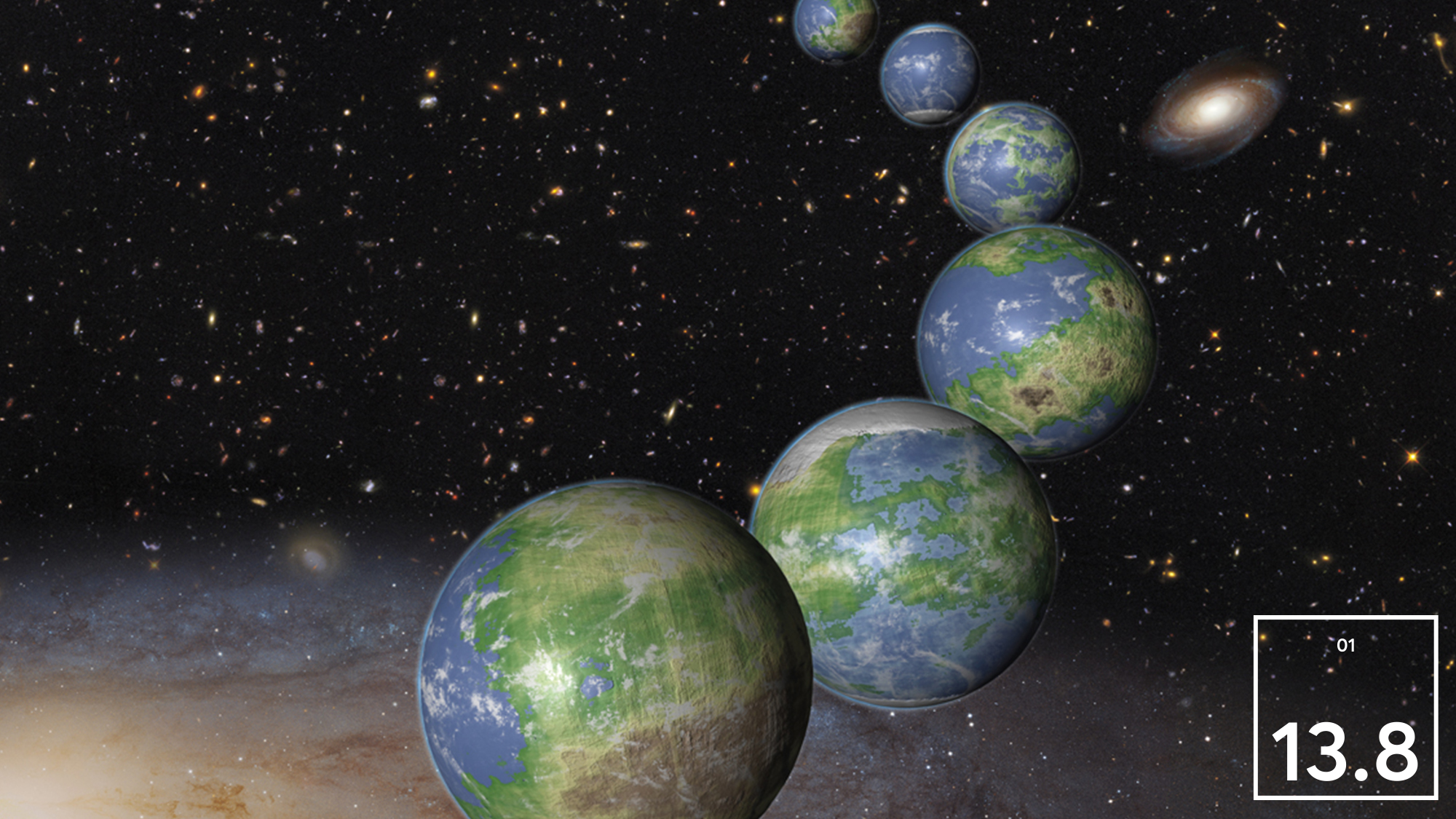Space & Astrophysics
“Should they strike, each of them has an energy at impact equal to all of the nuclear weapons on Earth combined.”
It had long seemed impossible that supermassive black holes could grow to such enormous sizes. But the biggest problem is now solved.
There are over 100 known elements in the periodic table. These 8 ways of making them account for every one.
Big dreams and big telescopes are back at last, but everything depends on sufficiently funding NASA, the NSF, and the DOE.
There’s a big difference between the notions of ‘false vacuum’ and ‘true vacuum’ states. Here’s why we don’t want to live in the former.
Awe makes us feel smaller but also more connected to life and each other.
The Kalam cosmological argument asserts that everything that exists has a cause, and what caused the Universe? It’s got to be God.
In 2006, Pluto was demoted in a very controversial decision. Unless you ignore nearly all of planetary science, it’ll never be one again.
Our Sun will continue to grow, becoming a red giant and then a planetary nebula. Here’s how large it will get.
Technology has advanced at a blinding pace in the past 150 years. That won’t always happen.
Named M51-ULS-1b, it’s certainly a curious astronomical event. But the evidence is far too weak to conclude “planet.”
Einstein hated “spooky action at a distance,” but much to his chagrin, quantum mechanics remains as spooky as ever.
The first world that humans should inhabit beyond the Earth is the Moon, not Mars. Here’s why terraforming our lunar neighbor is so appealing.
As the first Friedmann equation celebrates its 99th anniversary, it remains the one equation to describe our entire universe.
The universe is filled with unlikely events, but is also full of ways to fool ourselves.
It’s been precisely 13.8 billion years since the Big Bang occurred. Here’s how we know.
The findings include signs of flash flooding that carried huge boulders downstream into the lakebed.
An unprecedented number of new satellites threatens the night sky as we know it. Will we act in time to save it?
For the past 150+ years, the big ones have all missed us. But at some point, our good luck will run out.
Even if we traveled at the speed of light, we’d never catch up to these galaxies.
The thrills and horrors of strange heavenly bodies condensed into one attractive snapshot.
Nebulae are beautiful, but so is the process of science.
Computer Space lacked a critical ingredient that the other games possessed: gravity.
The “overview effect,” experienced by astronauts when they view the Earth from outer space, irrevocably changes your perspective as a human.
We used to think the Big Bang meant the universe began from a singularity. Nearly 100 years later, we’re not so sure.
Much like computing technology, the Great Red Spot has been getting smaller and faster over the last few years.
Migrating our planet to a safer orbit might be the only way to preserve Earth after all the ice melts.
Many contrarians dispute that cosmic inflation occurred. The evidence says otherwise.
A new study shows that the Bernardinelli-Bernstein Comet is much larger than previously thought — potentially the largest ever spotted.
The mediocrity principle is often used to make claims about the abundance of life across the universe, but these claims are likely unfounded.
